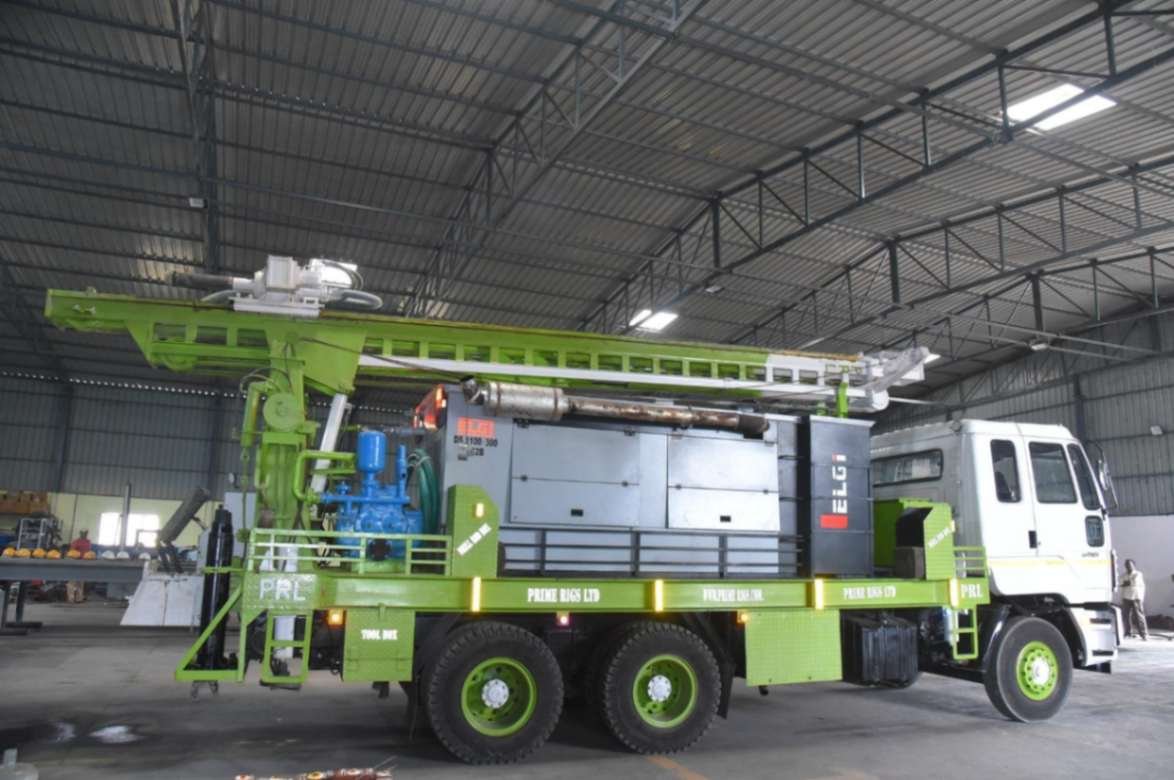The digital economy in Thailand is growing at a lightning pace and trading platforms are at the heart of this expansion. With the increasing digitalization of financial operations of more individuals, the discussion of security has become inevitable. Traders do not want to be content with platforms that commit to expedited execution or narrow spreads. They desire to know openly how their data and money are being guarded and they have each reason to insist on it.
Scams and breaches of user information via the internet in Thailand have brought the traders more careful than before. The news about stolen accounts or inaccessible withdrawals are circulated within social media and trading communities. Trust is often destroyed and difficult to regain. This is why security is no more a technical aspect in the background but rather one of the crucial factors used by people when making their trading decisions. Those forex brokers who fail to demonstrate good protections will be left behind.
The awareness of many traders in Thailand on how the international platforms operate is also increased. They hear brokers in other countries presenting two-factor authentication, biometric access and clear insurance systems over client funds. Local traders begin to raise questions when they realize that these features are not present in the platforms they are using. This pressure is compelling an increased number of brokers in the Thai market to modernize their systems and to meet international security standards.
Also taking note are regulators. Although forex trading has been regarded as a thorny responsibility in Thailand, the government has been advocating increased levels of digital security in the context of all financial offerings. A ripple effect is the introduction of more stringent requirements surrounding data privacy and online transactions. Although the forex broker is not completely licensed comprehensively like the banks, it cannot afford to overlook the overall trend of more digital protection.
Another interesting one has been the change of behavior among the traders. Rather than the usual scrutiny of spreads or bonuses, Thai traders are increasingly enquiring about the separation of funds, encryption, and withdrawal procedures, before they fund their accounts. That shift is indicative of a more adult trading industry that places as much emphasis on safety as profitability. The more straightforward a forex broker can explain their operations, the more likely it is that they will develop a more trusting relationship with their customers than one that hides behind the opaque technical vocabulary.
Meanwhile, technology is changing. Brokers are investing in advanced firewalls, secure payment gateways and verification of transactions through blockchain. Others are trying out artificial intelligence as a way of real-time surveillance of suspicious activity. These devices do not demonstrate on paper only. It assures traders that platforms are keen on keeping at the forefront of digital threats, thus enhancing long term loyalty.
And there is the human factor to take into consideration. Security is not merely a question of systems but of culture. Brokers who have strong customer responsiveness will enable traders to feel comfortable with the brokers whenever something goes wrong in Thailand. A quick response to a security issue may in certain cases be more than capacity to elaborate encryption mechanisms. The integration of dependable technology plus human transparency is the strongest protection.
The expectations of trading platforms will only rise as the digital economy of Thailand just expands. Security has ceased to be optional and secondary. It is whereby the future of trading trust is taking its shape. In the case of traders in Thailand, financial safety is just financial opportunity and so the platforms that will work will know that.



